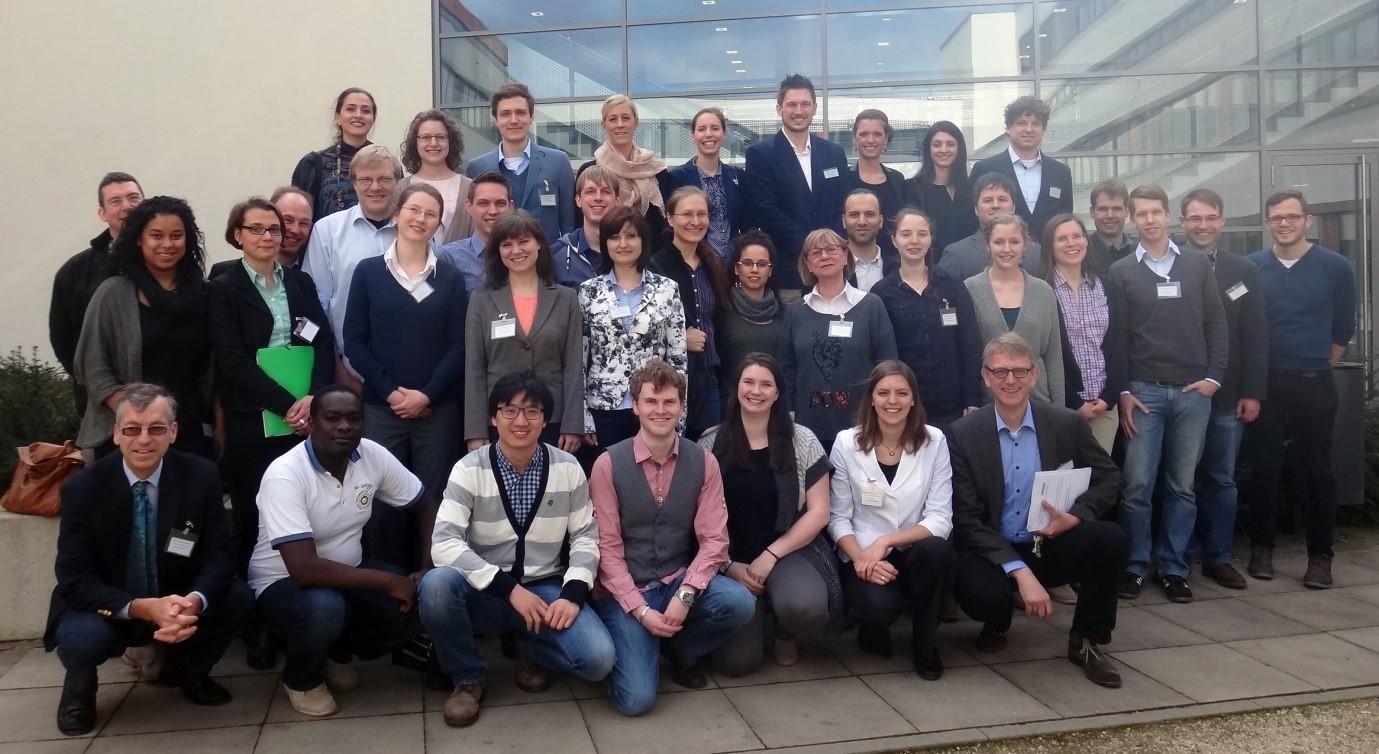- 4.6Impact Factor
- 8.6CiteScore
- 16 daysTime to First Decision
Proceedings of the the 4th Young Researcher Meeting, Münster, March 13-14, 2015
Special Issue Information
Dear Colleagues,
The Fourth Young Researcher Meeting in the field of Natural Products and Phytotherapy, titled “Phytotherapeutics in current research – Phytochemistry, pharmacology and clinical applications”, organized by colleagues at the Universities of Münster and Leipzig, Germany, was held in Münster on March 13 and 14, 2015. Since the first event in 2007, it has always been a main aim of these meetings to bring together young scientists, mostly doctorate students, working on the many diverse aspects representing the interesting field of pharmaceutical and biomedical science, thereby fostering inspiring discussions and exchange of ideas and views. This fourth meeting, bringing together 43 participants and comprising oral and poster presentations by 28 young scientists, has once again shown that the idea to “incubate” the youngsters in a conducive environment and atmosphere always leads to fruitful and very exciting results.
It is a great pleasure to announce that the MDPI journal, Molecules, has decided to support this activity by allocating space for a Special Issue of featured papers, allowing young scientists to publish the interesting and highly valuable results presented during the meeting, free of processing charge, based entirely on scientific merit. The work published here has –during the meeting – undergone pre-selection by a jury consisting of the conference organizers, namely, Prof. Dr. Martina Düfer (University of Münster), Prof. Dr. Karen Nieber (University of Leipzig), Prof. Dr. Andreas Hensel (University of Münster), and myself, before invitations to submit were issued. Then, of course, each of these papers had to pass the rigorous regular peer-reviewing process of Molecules.
It is our pleasure as organizers to see the fascinating work presented during the meeting manifested here in a series of high-quality publications, showing the diversity and timeliness of this exciting field of research. We sincerely thank all those who found the time to present their results at the meeting and to submit their work to this unique Special Issue of Molecules.
Thomas J. Schmidt
Guest Editor

4th YRM, Münster, March 13-14, 2015
Manuscripts should be submitted online at www.mdpi.com by registering and logging in to this website. Once you are registered, click here to go to the submission form. Manuscripts can be submitted until the deadline. Papers will be published continuously (as soon as accepted) and will be listed together on the special issue website. Research articles, review articles as well as communications are invited. For planned papers, a title and short abstract (about 100 words) can be sent to the Editorial Office for announcement on this website.
Submitted manuscripts should not have been published previously, nor be under consideration for publication elsewhere (except conference proceedings papers). All manuscripts are refereed through a peer-review process. A guide for authors and other relevant information for submission of manuscripts is available on the Instructions for Authors page. Molecules is an international peer-reviewed Open Access monthly journal published by MDPI.
Keywords
- natural product
- phytotherapy
- phytochemistry
- phytopharmacology
Benefits of Publishing in a Special Issue
- Ease of navigation: Grouping papers by topic helps scholars navigate broad scope journals more efficiently.
- Greater discoverability: Special Issues support the reach and impact of scientific research. Articles in Special Issues are more discoverable and cited more frequently.
- Expansion of research network: Special Issues facilitate connections among authors, fostering scientific collaborations.
- External promotion: Articles in Special Issues are often promoted through the journal's social media, increasing their visibility.
- Reprint: MDPI Books provides the opportunity to republish successful Special Issues in book format, both online and in print.


